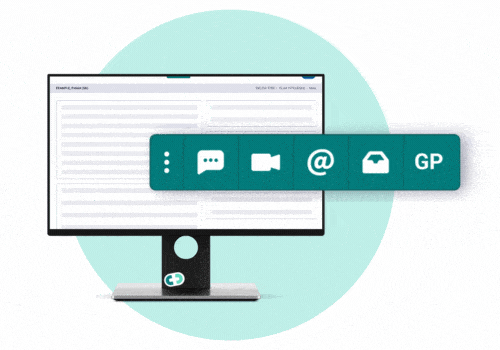A tweet way to track disease
- 18 September 2009
Social networking sites could be used to help track flu epidemics and other diseases by collecting information on people who do not go to their doctor, this week’s Health Protection Agency conference heard.
Researchers from City University, London, told the annual conference that sites like Twitter and Facebook could be a useful addition to traditional disease surveillance systems, which focus on cases of illness seen in GP surgeries.
They said users of social networking sites were voluntarily reporting their symptoms on the web and it was possible to track when symptoms were reported, where and how often.
Computer scientists from City University worked with colleagues at the City eHealth Research Centre to develop a programme that could track and analyse messages posted on Twitter that contained words or phrases such as ‘I have the flu’ and ‘I have swine flu’.
Ed de Quincey, a computer scientist from City University, said the team was currently analysing over a million tweets that it had collected and was exploring the possibility of incorporating data from other social networking sites.
He added: “The hope is that gathering voluntary reports of symptoms posted by users of social networking sites, will allow for faster collection of vital, real time data.
"The flu pandemic was the perfect opportunity to test this idea and we found that at least 4,000 people reported flu symptoms via Twitter since May 2009.”
De Quincey said the system would not replace more in-depth studies and tests conducted by public health agencies, but could be a good addition to the current surveillance system, enhancing the way health officials track how diseases spread and serving as an early warning system.
The researchers said they hope to expand the approach in future to investigate other health issues such as drug or substance abuse.




